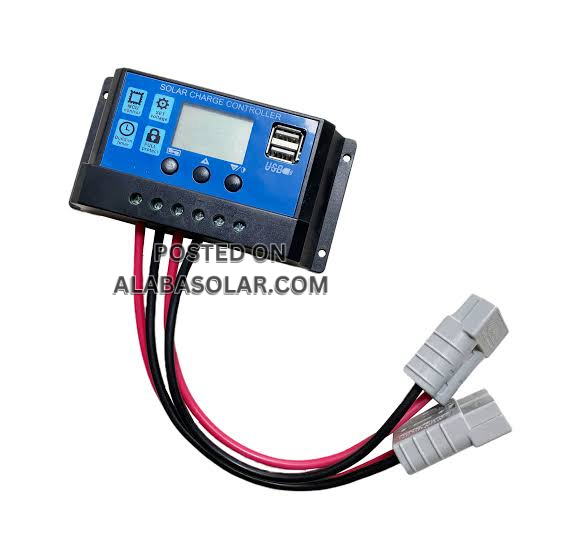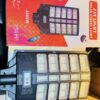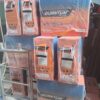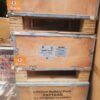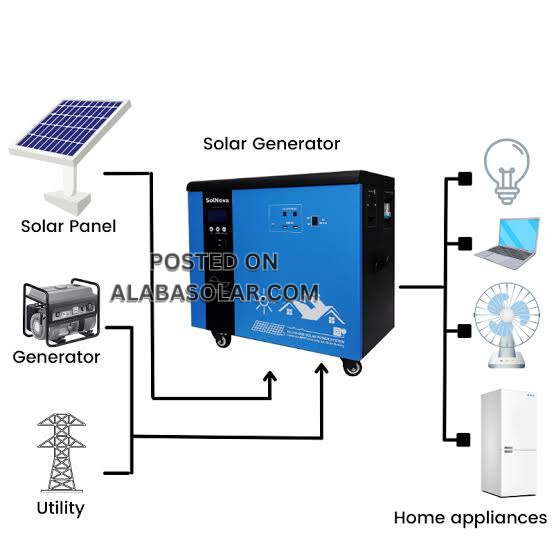
Solar Generator Price in Nigeria
Solar Generator Price in Nigeria: Powering Your Life Sustainably
Tired of blackouts messing with your day? Does power outages disrupt your work or family time? You are not alone. Many Nigerians face this challenge. Solar generators offer a reliable and eco-friendly alternative. This article guides you through solar generator prices in Nigeria. We’ll explore what affects the cost and how to choose the right one. Let’s dive in.
CLICK HERE TO BUY SOLAR GENERTAOR
Understanding Solar Generators: What Are They and How Do They Work?
Solar generators are not like regular generators. They use the sun’s energy instead of fuel. They are made up of four key parts. These parts work together to give you power. The main components are solar panels, a battery, an inverter, and a charge controller. They work by converting sunlight into usable electricity.
Components of a Solar Generator
Solar panels catch sunlight. There are different types, like monocrystalline and polycrystalline. The wattage shows how much power they can make. Batteries store the energy. Lithium-ion batteries are light and last longer. Lead-acid batteries are cheaper, though.
The inverter changes the battery’s power to what your appliances need. Pure sine wave inverters are better for sensitive electronics. Modified sine wave inverters are more affordable. The charge controller protects the battery from overcharging. MPPT controllers are more efficient than PWM controllers.
How Solar Generators Work: A Simplified Explanation
Sunlight hits the solar panels. The panels convert the sunlight to DC electricity. DC electricity flows to the charge controller. It regulates the electricity going to the battery. The battery stores the electricity for later use. When you need power, the inverter changes the DC electricity from the battery into AC electricity. AC electricity powers your devices. It is a simple, clean process.
Factors Influencing Solar Generator Prices in Nigeria
Several things affect how much a solar generator costs in Nigeria. These factors can impact your budget. Understanding them helps you make a smart choice.
Battery Capacity and Type
Battery capacity determines how long your generator can power your appliances. It is measured in watt-hours (Wh) or kilowatt-hours (kWh). The higher the capacity, the higher the price. Lithium-ion batteries are pricier but last longer. Lead-acid are cheaper but require more care.
Inverter Size and Quality
The inverter size, measured in watts, matters. It needs to be big enough to handle all appliances. A pure sine wave inverter costs more but is better for electronics. A modified sine wave inverter can be used for simple devices.
Solar Panel Wattage and Efficiency
Solar panel wattage affects how fast your generator charges. Higher wattage panels cost more. Efficiency also matters. More efficient panels make more power from the same sunlight. Monocrystalline panels are typically more efficient than polycrystalline. This also means a higher price tag.
Brand Reputation and Warranty
Well-known brands often cost more. However, they usually offer better quality and warranty. A good warranty can save you money if something goes wrong. Look for brands with good reviews in Nigeria.
Import Duties and Taxes
Import duties and taxes add to the final price. Nigeria’s import rules can change. This affects how much you pay. Check the current regulations before you buy.
Solar Generator Price Ranges in Nigeria: A Detailed Breakdown
Here’s a look at typical price ranges for different sizes of solar generators in Nigeria. Prices can vary. These ranges give you a general idea.
Portable Solar Generators (Under 500W)
These are small and easy to carry. They’re great for phones, laptops, and small devices. Expect to pay between ₦50,000 and ₦150,000. Campers, travelers, and small business owners find them useful.
Medium-Sized Solar Generators (500W – 2000W)
These can power refrigerators, TVs, and essential appliances. They cost from ₦150,000 to ₦500,000. They are good for small homes, offices, and clinics.
Large Solar Generators (2000W and Above)
These are for whole houses or small businesses. They can cost ₦500,000 or more. Homeowners, businesses, and hospitals find them necessary.
Choosing the Right Solar Generator for Your Needs in Nigeria
Picking the right solar generator involves a few steps. It is about matching your needs with the right product. Consider your budget and long-term savings.
Assessing Your Power Needs
First, figure out how much power you use daily. Make a list of your appliances and their wattage. Add up how many hours you use each appliance. This will give you your total energy consumption.
Determining Your Budget
Set a realistic budget. Consider the long-term cost savings of using solar. Look for financing options or payment plans if needed. Some suppliers in Nigeria offer these.
Comparing Brands and Models
Compare different brands and models. Check their features, performance, and price. Read user reviews. See what other customers in Nigeria say.
Considering Expansion Options
Think about whether you might need more power later. Choose a system that can be expanded easily. This saves you from buying a whole new system.
Where to Buy Solar Generators in Nigeria
You can buy solar generators from many places in Nigeria. Both online and offline options exist. Choose a reputable supplier.
Online Retailers
Many e-commerce platforms sell solar generators. Examples include Jumia and Konga. Always check reviews and ratings before buying. Make sure the seller is trustworthy.
Local Suppliers and Installers
Local solar energy companies can help. They often provide installation and maintenance. Search for local suppliers in your area. Look for companies with good reputations.
Conclusion
Solar generators are a great solution for Nigeria’s power issues. Think about price, power needs, and brand reputation. Switching to solar power makes for a sustainable future. Embrace the sun and power your life cleanly!
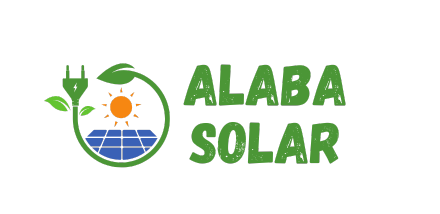

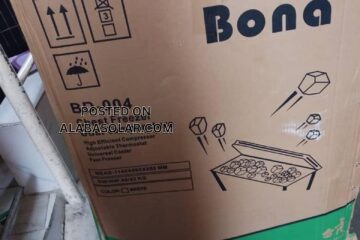
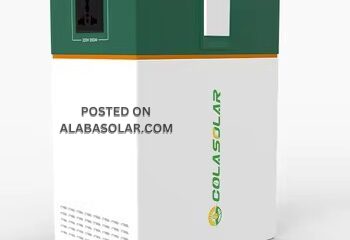
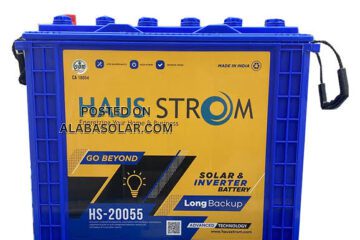
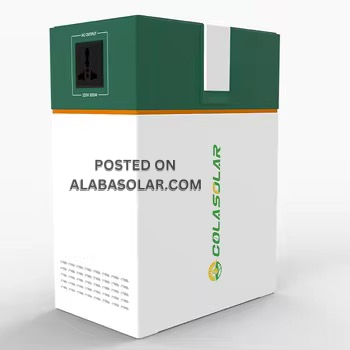
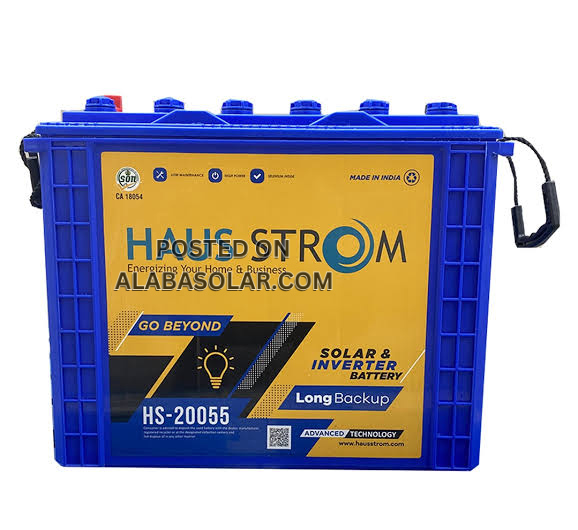
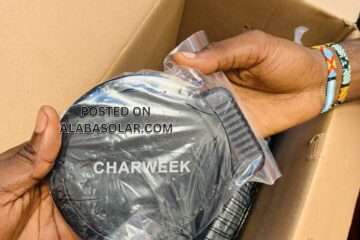
![Solar Inverter Prices in Nigeria [Hybrid & Transformer Based]](https://alabasolar.com/wp-content/uploads/2025/03/IMG_4192.jpeg)
